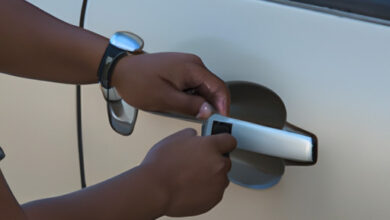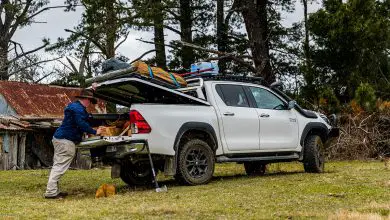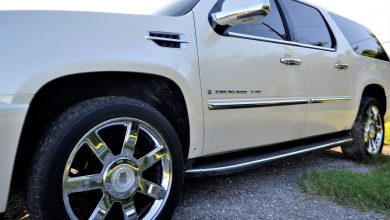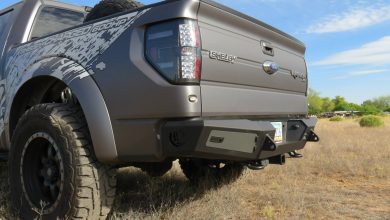How do I stop my tires from cracking?
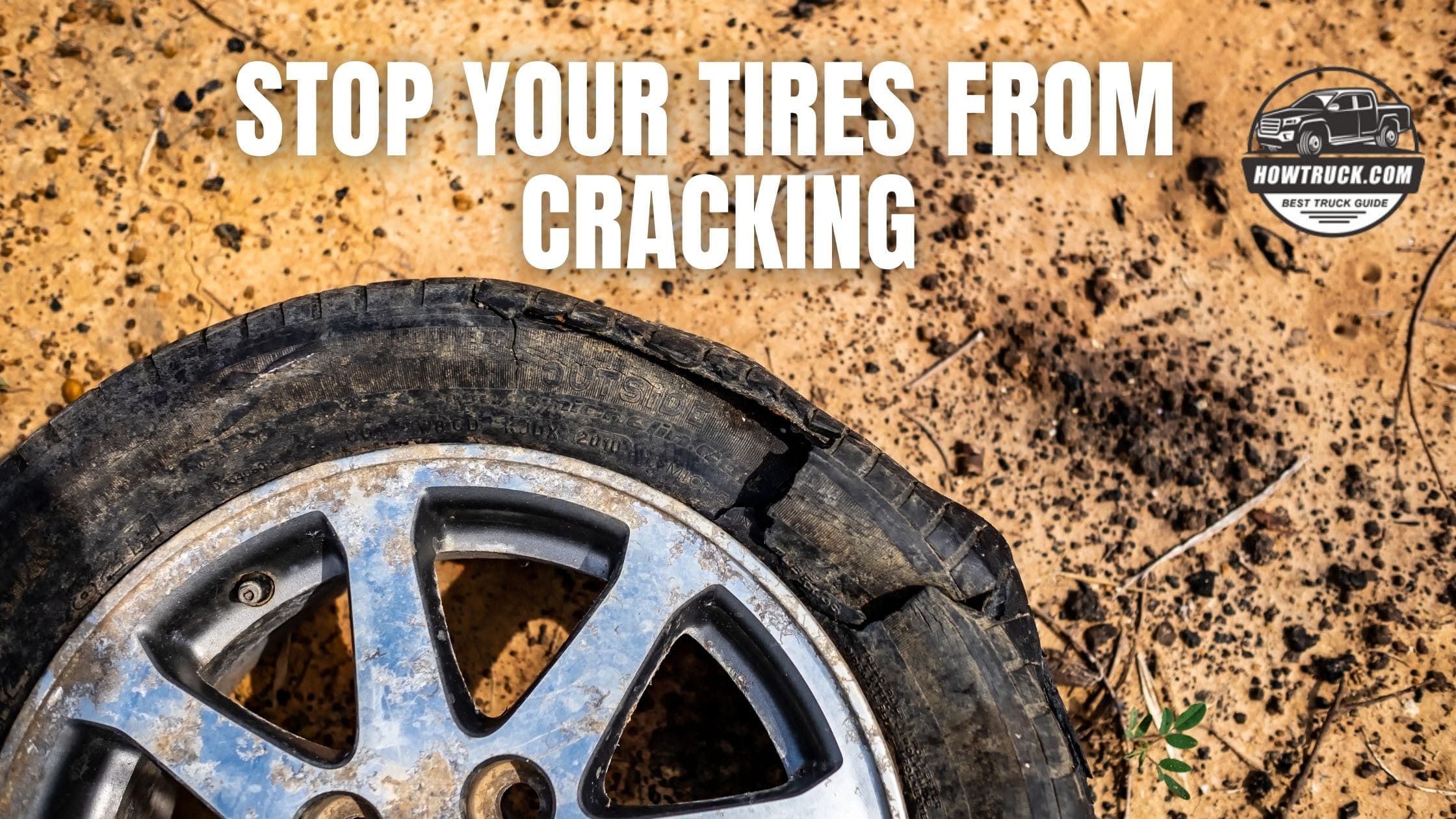
Weather cracking is common for most of the tires regardless of the type of vehicles. You cannot avoid the effect of harsh weather conditions, like the heat and cold of the sun. Although you may not prevent some minor cracks. There are a few steps to stop your vehicle tires from cracking.
How do I stop my tires from cracking? With regular cleansing, proper inflation, and the right use of protectants, you can prevent cracks and damages to your tires. Besides, you need to park your car in shady places. Moreover, you must not leave your car unused for several months.
How do I stop my tires from cracking?
You do not need special skills to prevent your tires from cracking. With minimal efforts, you may stop your vehicle tires from cracking. Have a close look at the following tips to avoid cracks in tires. These few steps will let you maintain your car tire condition:
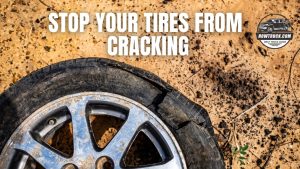
Wash your tires properly
You may blend water with mild soap to ensure safe cleaning. It is better to avoid petroleum-based products and alcohol for cleaning purposes.
The rubber of your tires becomes dry and it ultimately results in cracks. Mostly, tires have a protective anti-ozone and antioxidant layer, and as you clean them with abrasive chemicals, they wear away easily.
Thus, choose the right cleaning agents to deal with your automobile tires.
Proper inflation of your tires
You have to go through the manufacturer’s guidelines while inflating tires. Under-inflation and over-inflation can cause cracks and other problems with your tires.
Park your car at the shady places
While you are parking your vehicle in the garage and any other site, the concrete surface must be free of petroleum. You must not leave your car outside in harsh weather conditions.
For instance, during the chilly winter season, you may insert something into the tires and prevent them from freezing to the surface.
Similarly, in the hot summer season, direct sun rays will affect your tires. UV rays especially damage sideways and cause deep cracks. Use something to cover your car tires and block sun rays.
Moreover, you have to park your car in some shaded zones.
Do not keep your car unused
You must drive your automobile every few months. As you move your vehicles, it heats up the tires. The protective layer also moves close to the rubber surface to prevent cracks.
Do not keep your recreation vehicle loaded
After using your RV, you may have thought of storing your vehicle. However, it is essential to unload the vehicle to reduce weight on the tires. Moreover, before driving the vehicle, you have to inspect its tires thoroughly. While you have no knowledge about the tire condition, you may engage professionals to do it.
Use some automotive protectant
You can find high-quality water-based tire protectant available on Amazon to treat rubber and vinyl surfaces. The best surface treatment creates a thin protective layer to prevent the effects of UV rays. It saves your tires from premature wears and tears.
The reapplication of tires every 4 to 8 weeks will ensure the ultimate UV protection to your tires and prevent cracks.
What’s more, the protectant can add moisture to the sidewalls of your tire. You can prevent dry rot issues with your tires.
Common signs for damage and cracked tires
The following are a few signs of damage and cracked tires. You may be careful when you feel these signs in your vehicle tires
Breakable look
Your tire will find your tire looking harder, and the surface may become brittle. As you touch the surface and affected parts, you may find flakes of rubber.
Cracks in the tread pattern
While there is serious sidewall weather, you can notice cracks on the tread.
Discoloration
The car tire color will start fading away and it will gain a gray tone.
How long would your tires last?
Based on the type of tires, you may need to assess longevity. Following is the standard mileage of tires according to different types of tires:
| Type of tires | Standard mileage |
| Road tires | About 2000 miles |
| Trail tires | Up to 800 miles |
| High-end tires | More than 2500 miles |
| Touring tires | 4000 miles |
| Racing tires | 1000 miles |
The most important trick is to learn the way of checking your vehicle tires and find the signs of wear and tear. Some warning signs of tires are:
- Bulging signs at some spots
- Cracks
- Tires not holding pressure
Is it safe to drive with cracked tires?
- Cracks on tires may cause problems in different ways
- Development of air leaks
- Separation of tire treads from the remaining part.
You may face serious risks while you are moving these cracked tires through mountainous terrains. Overall, we can say that cracked tires are never safe and you must replace them before a drive.
Why are my tires cracking?
Although improper storage, rare usage, and low air pressure are common issues, defective rubber compounds are another reason for this problem. Thus, you must check out the tire materials while buying them.
You may also read;

